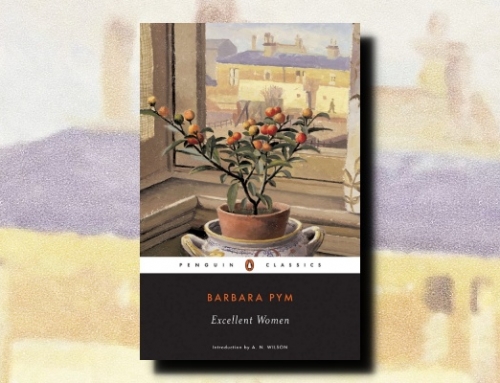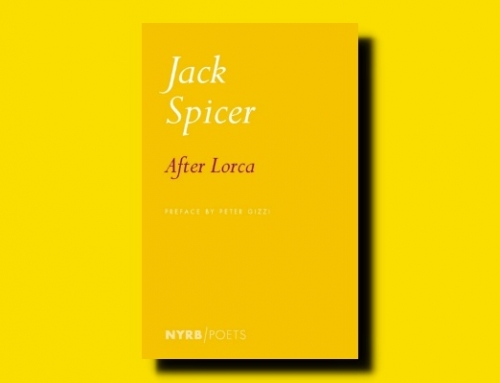
The Siege of Krishnapur
by J.G. Farrell (1973)
NYRB Classics (2004)
344 pp

Of the Best of the Booker shortlist, The Siege of Krishnapur was the most pleasant surprise. It came in NYRB Classics edition, which while stylish gave the book the feel of an academic historical piece. I enjoy academic historical pieces, but not for the same reasons I enjoy a good novel. Still, I feel very smart when I read a book like this on the subway.
The novel is, as the title says, about a siege that happened at Krishnapur in 1857. In his afterword, Farrell claims to have gotten a lot of his material from actual accounts, even “in some cases with the words of the witnesses only slightly modified.” So its roots really are, in a way, academic. But Farrell has a good story-telling style, and it never seemed to me that he felt constrained by diaries when writing his prose. In fact, I wish that Unsworth’s Sacred Hunger (which I reviewed here) had been written in a similar style: the language is meticulous, poetic yet simple, and does an excellent job setting the historic atmosphere with a sense of formality without being stifling.
With the ominous arrival of several batches of chapatis, one of the main characters, the Collector, begins gearing up for trouble from “the Muslims.” At first, his fellows think he is just being a silly old man, a bit cracked after so many years. Chapatis, even if undesired, are hardly cause for alarm. But an attack does come, and the residents are forced to live under siege for months, watching their friends die around them. On that level, this book is a rather thrilling adventure novel at times. Farrell manages to express the excitement and fear at the same time as he relays the strategies of the defense, making it informative as well as entertaining.
My favorite aspect of the novel, however, was its discussion about civilization, colonialism, and “ideas” of progress, all from an early Victorian perspective. Most of the characters, at one point or another, have to examine how they feel about their position in both India and in the greater construct of “civilization.” There is a lot of pride, of course, and I particularly enjoyed how Farrell displayed that pride with ironic undertones. For example, when one soldier dies, a speech is given:
Providence has denied his country the privilege of decking his youthful brow with the chaplets which belong to the sons of victory and of fame, but his deeds can never die. The pages of history will record and rehears them far and wide, and every Englishman, whether in his island home or a wanderer on some foreign shore, will relate with admiration what George Foxlett Cutter did at the siege of Krishnapur!
Even though I have to admit it looks like Farrell basically watered down Henry V for this passage, I have a feeling that’s what these Englishman would have done too, making it authentic and comic. There are better, more subtle passages, almost on every page. It was entertaining and perhaps did feel a bit overdone after a time.
Since the book takes place soon after the Great Exhibition, that event provides another nice backdrop to the conversation. Farrell delights in making his characters comment on the inventions they thought were brilliant (which are absurd by today’s standards) and those that they thought were absurd (some of which we use all the time today). It was hardly original, but it was fun and, as I said, surprisingly pleasing to read.
One of my complaints is that much of the book felt disconnected with its historical context (other than the Exhibition which really just allowed Farrell to comment on how naïve these colonizers were). I felt a strong desire to get more placement, to have more of a perspective from the Muslims, to know some other events that led up to the siege, not in great detail, but a little bit more. Sure, I know about the time period in a general sense, but there had to have been some specifics. Then again, this book is about isolation inside a siege, a siege that turned out to be rather insignificant even in its own time. The lack of context fits nicely into that feeling of isolation.
Probably not a Booker I would have shortlisted for the “best of” award, but I can see why it was chosen. It is an impressive piece from the unfortunately short life of Farrell.
A few final thoughts:
One part I particularly liked was after the siege ended and Lieutenant Stapleton finds Louise emaciated and stinking. Fluery, who smells worse, probably doesn’t notice her smell, but at this point he doesn’t care. They’ve been through it together, and a superficial thing like that, another dig at civilization’s sensibilities, does not bother him. Stapleton has the military experience, and the arrogance that comes with it, and Louise he no longer considers Louise a catch.
That said, I never admired Fluery much. I don’t think I much cared for the Collector either. But perhaps that’s another reason I liked the novel. I didn’t see these characters as representing whatever Farrell held up as an ideal. They were both flawed, both had their ideals changed, and still didn’t come out much better in the end. Their lives are visibly altered because of the siege, but they feel no real connection after the years pass. I can respect an author who allows this to happen to his characters.








Leave a Reply